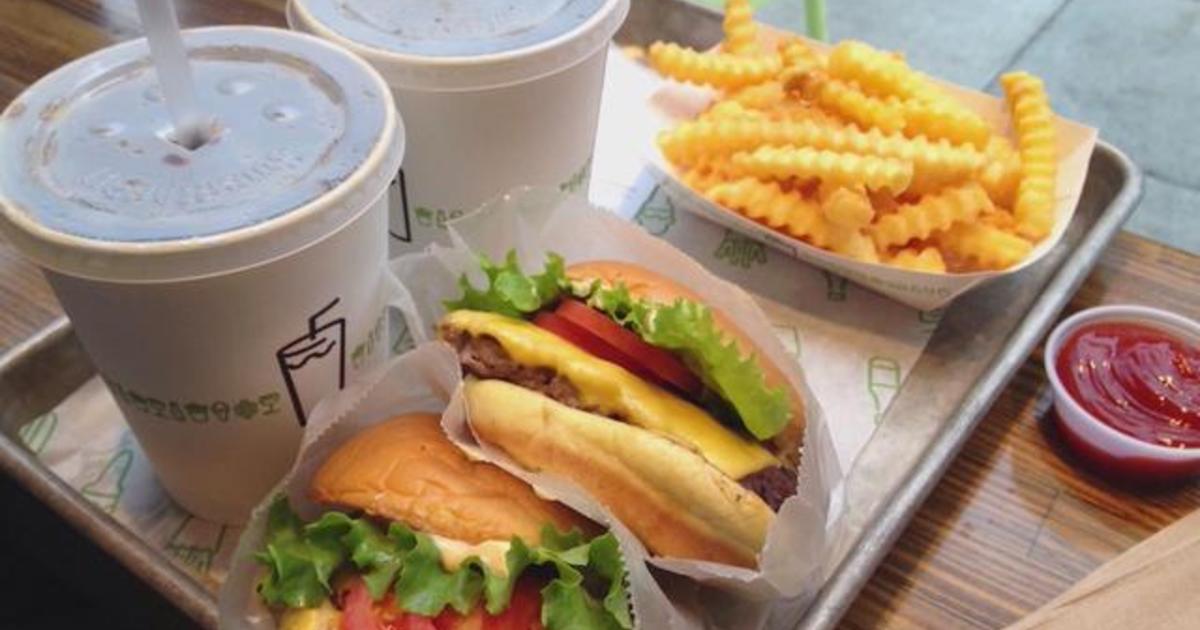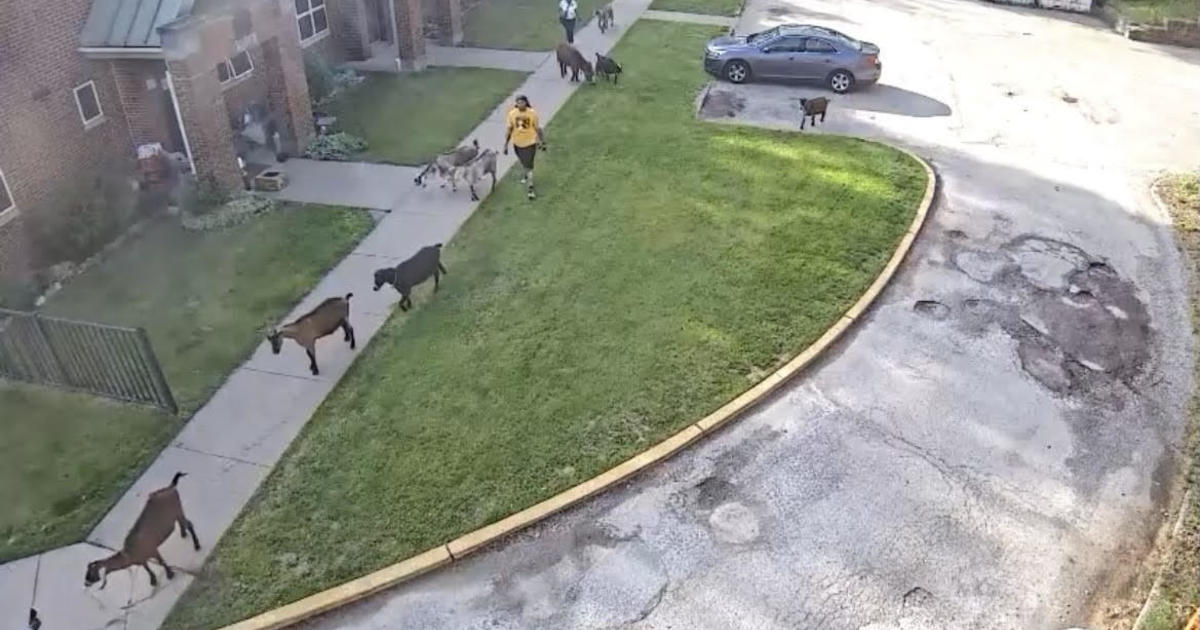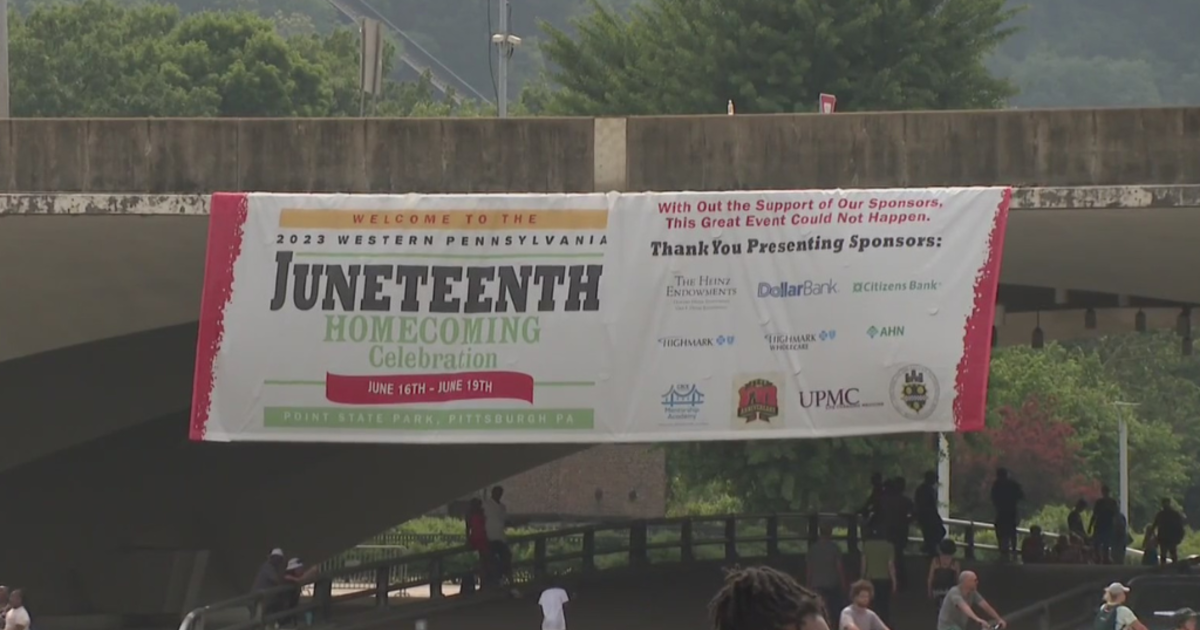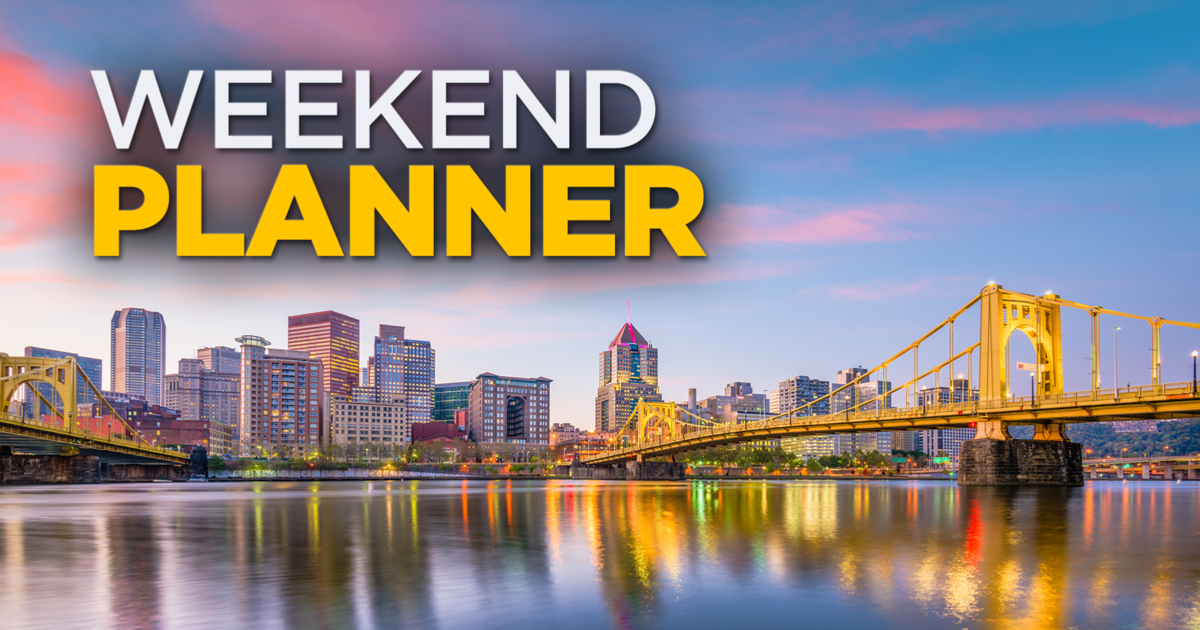'The Streets Will Change': Pittsburgh Will Have Fewer Cars, More Walking And Biking Due To Coronavirus Pandemic, Urbanist Says
PITTSBURGH (KDKA) -- What does a pandemic mean for the future of cities and Pittsburgh, in particular?
What does it mean when density is suddenly dangerous and when physical proximity to people is potentially toxic?
Before we look ahead, a quick look back.
Pittsburgh has experienced calamity before and not just endured it but also grown from it.
The Great Fire of Pittsburgh in 1845 was devastating. It consumed about one-third of the city.
It led to the use of safer construction methods and materials and spurred the city to greater growth.
A cholera outbreak in 1854 killed hundreds, and typhoid fever killed hundreds more into the early 1900s, resulting in a modern, water purification system.
And 1936 brought the St. Patrick's Day flood, the worst in the city's history.
Today, the Army Corps of Engineers operates more than a dozen dams on our rivers.
An urbanist who knows Pittsburgh well is Richard Florida, formerly at Carnegie Mellon University and now at the University of Toronto.
"Pittsburgh laid the groundwork in previous crises," says Florida. "The whole Renaissance was premised on reducing flooding and getting the city healthier and less smoky," says Florida.
He says being seen as a healthy city will be even more important now, and he says one way to enhance health is through changes in transportation.
"I think we're not going to have so much cars and parking. People are going to understand, just reopening those restaurants, those great Pittsburgh restaurants – one of the great dining scenes in America now – they're going to have to be on the sidewalks and some will have to go into the street. People are going to feel safer walking and biking. We're going to have to make our sidewalks better for social distancing. We're going to have to have better bike lanes, and Pittsburgh's been doing that of course."
Pittsburgh will look the same, but Florida says, "The way we use the streets will change, and the streets will be given less to cars and less to parking and more to people and human activities."



